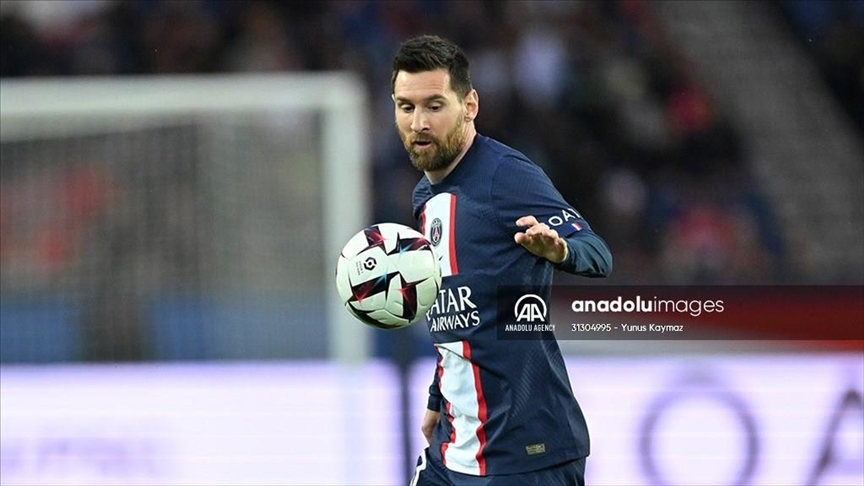Global Courant
An underground debate shakes Together for Change once again: Should the coalition now be expanded, which would change its name again to include new players, or compete hand in hand with other candidates, leaving consensus for the time to govern, if it comes that moment?. It is a larger debate in which conflicting visions of how to right the heeled ship, national and regional political needs, and personal sensitivities are mixed. There is a time that narrows – on June 14 alliances must be registered – and there is a key election in Córdoba on June 25, one day after all the candidacies are made official.
And it is key because that province is an emblem of Together for Change and because Juan Schiaretti, current governor, who aspires to lead the non-Kirchnerist fraction of Peronism in the election, is based there.
Several factors spur this debate. First of all, Juntos por el Cambio has gone from being the favorite to win in the elections to being one of the coalitions that must row to make sure it reaches the second round. But, also, it must be offered as a reliable alternative to a hopeless society with an efficient proposal to face the enormous economic and social crisis. Simultaneously, he has to avoid the trap of strengthening Javier Milei’s workhorse – the “caste” – that discredits the entire political system, a game that is too dangerous.
In this dilemma, within Together for Change, the inmate for the presidential candidacy pervades each step and expands from the PRO to the other members.
What is being discussed? A compromise program with Schiaretti, Randazzo, and other Peronists who do not accept the leadership of Cristina Kirchner, which consists of a simple motto that the one who wins governs and the one who loses accompanies. In other words, an agreement that goes beyond the election and can be read as a consensus on some key issues of the Argentine situation.
This extension would mean that the dispute in the PASO would take place between various candidates within an expanded coalition, with Schiaretti, Espert and, some risk, the Santa Fe socialists.
The scheme that Schiaretti is trying to make grow was explained by himself to Facundo Manes, Gerardo Morales, Emilio Monzó and Carrió, among others.
Larreta, the governor of Jujuy and, they say, Lilita, would encourage the idea. They are also trying to tune in to a project that also arose among Peronists who supported the Fernández government in its first stretch.
Mauricio Macri and, above all, Patricia Bullrich, are opposed. Not only them: they also place Ernesto Sanz, one of the architects of the agreement of radicalism with the PRO, as contesting this idea that incorporates leaders but at the same time causes defections.
Macri has a good dialogue with Schiaretti. He was the only one who received Martín Llaryora here, candidate to govern Córdoba for Schiaretti’s Peronism. That meeting provoked the ire of Luis Juez, who competes in the province for JvC. Two highlights in this relationship: Schiaretti’s raid did not include Macri among his interlocutors and the question of whether or not to expand the coalition remained in the hands of the two PRO candidates, Larreta and Bullrich, as agreed at a meeting in the house of María Eugenia Vidal in which an attempt was made to lower the internal tension.
Beyond the great objectives and the great lines, the needs appear. For Larreta, it is his most precious toy: he has been battling with the idea of broadening the political base to ride the government’s pimpy colt. But he adds another non-minor issue, the need for him to give a coup that will relaunch his candidacy. He is focused on achieving a good advantage in the province of Buenos Aires, where the radicals are defoliating the daisy between his and Patricia’s candidacy, and on exciting outside the PRO and Cambiemos.
Bullrich is not at all in agreement with expanding the coalition. He believes that Schiaretti’s participation will only serve to further confuse the offer of change that she believes she embodies, an error that could benefit Milei, and that this “piling up” of leaders does not mean attracting social sectors.
Basically Bullrich’s reasoning is soccer: the team that is winning does not touch. The candidate, to whom López Murphy offered to join her in the formula, is sure that she leads the polls, that she is the only one that can stop Milei’s advance, and that this expansion proposal responds more to Larreta’s weakness than to her electoral strength.
Tomorrow, the presidents of the parties that make up Together for Change will debate whether or not the expansion idea is advancing.
There is another idea that does not seem to prosper. In the end, there would be electoral competition in the ruling party, contrary to what Cristina and Sergio Massa intended to anoint a candidate with a symbolic primary, a condition that the minister had demanded in order to be the one to defend the weak official team. Without Massa on the grid, Wado de Pedro and Kicillof remain as possible candidates. The governor wanted to play a trick by closing his Buenos Aires ticket with Magario. It lasted a moment and he had to reverse gear.
De Pedro, in addition to the explicit support of Luis Barrionuevo, is trying to grow beyond La Cámpora, one of whose top leaders, Máximo Kirchner, went out to discover the world at the hands of Massa and to teach the Chinese that Perón was a Maoist At a time when what Beijing wants to do is capitalist business and maintain the most rigid and authoritarian internal control, whose regime the possible candidate for senator from Buenos Aires praised in China.




